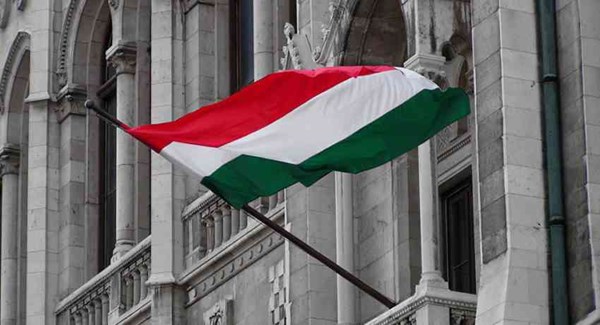Hungary: Russia can declare victory in Ukraine ‘at any time’
At a roundtable discussion at the University of Public Service in Budapest, which was held to promote a new book titled “Russian Great Power Policy 1905-2021”, the head of the Hungarian Prime Minister’s Office, Gergely Gulyás, said that Russia does not pose a threat to the North Atlantic Alliance if NOTO does not “intervene" in a full-scale war in Ukraine.
Gulyás called incorrect the statements of Poland and the Baltic countries that in the event of Ukraine's loss in a full-scale war with Russia, Russia may threaten them. According to him, under no circumstances should NATO allow itself to be "dragged by provocations" into the war, and in this case, the Russian Federation allegedly does not pose a threat to the Alliance.
Gulyás also noted that Russia and Ukraine are in a situation from which it is difficult to find a way out. The best option for resolving the conflict would be peace, but "the chances of peace are low." At the same time, the Russian Federation allegedly has "such an advantage" that it "can declare victory at almost any time."
The representative of the Hungarian government assured that Budapest condemns the aggression but does not support the imposition of sanctions against Russia, because they do not meet its interests. At the same time, he criticized Europe for becoming dependent on Russian raw materials and said that the resumption of trade ties with Russia is in European interests.
The author of the book "Russian Great Power Policy 1905-2021" Géza Getsche, in turn, said that ethnic Russians lived in Ukraine "from the moment of its foundation," and Moscow always exerted "soft power" influence on Ukraine. And in recent years, Russians have allegedly felt that their position in Ukraine has been "shaken."
Earlier, the former Minister of Foreign Affairs of Hungary Géza Jesenski said that Russia used Ukraine’s attitude towards national minorities as justification for its invasion. Now, according to him, it is up to Moscow to end the war.
As follows from the description of the book "Russian Great Power Policy, 1905-2021", it is devoted to "the connection between the Russian-imperial great-power worldview and politics” and explains the causes of the Russian-Ukrainian war and the events that led to it.
